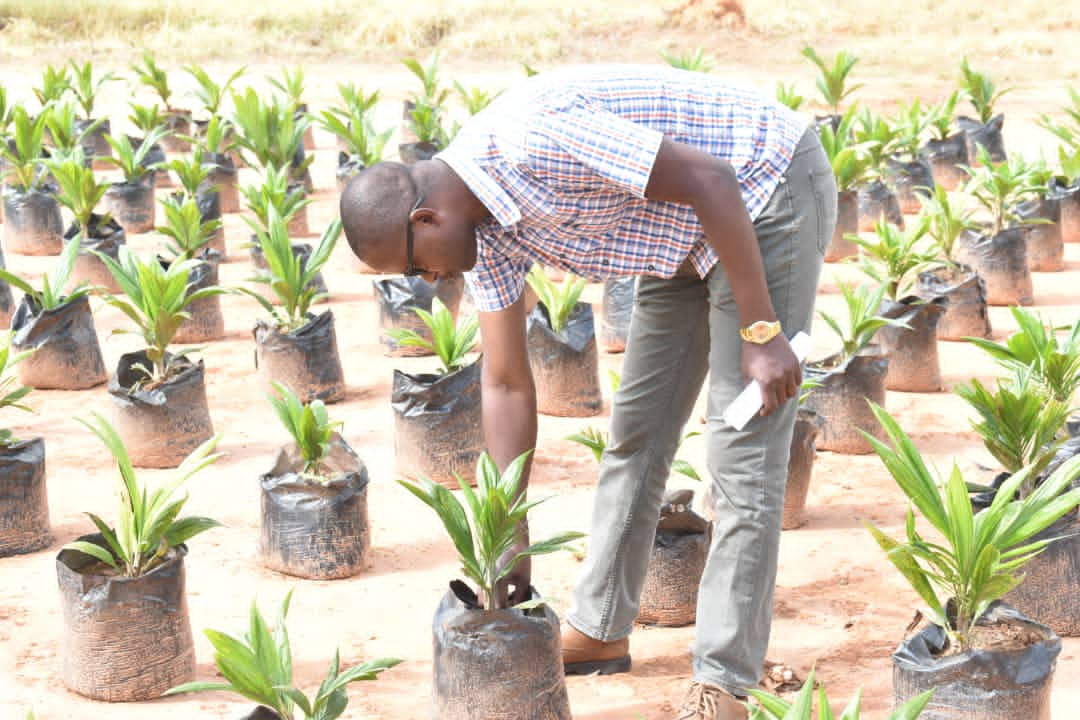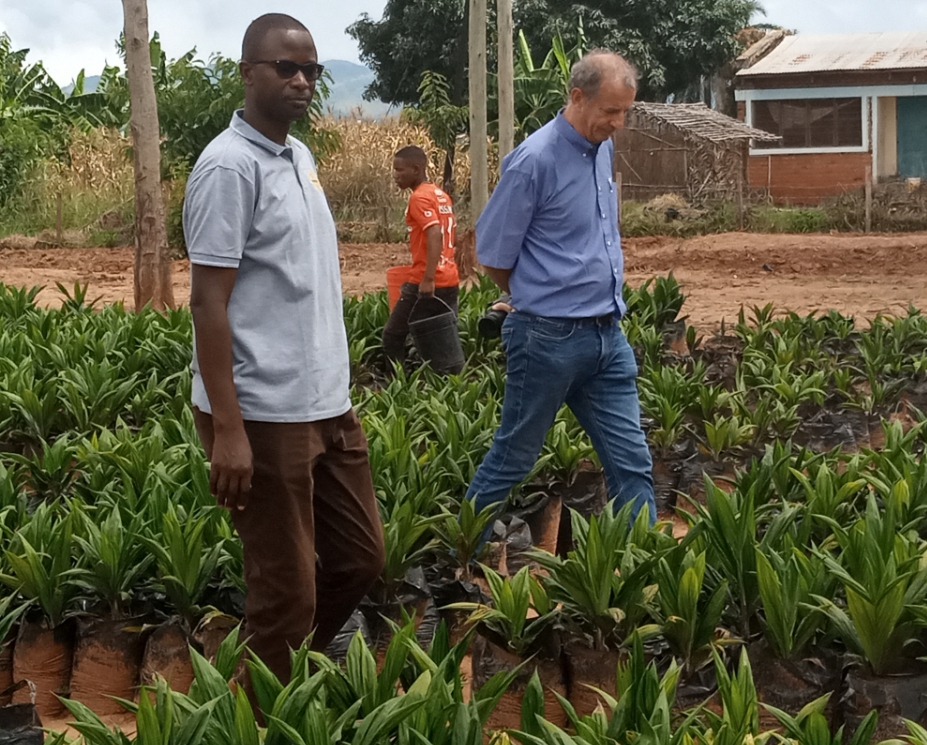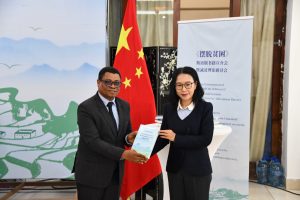TARI Kihinga Produces Over 16,000,000 Palm Oil Seeds To Assist Farmers Open New Plantations

By Senior Reporter VALENTINE OFORO
The center which is designated for the coordination and development of palm oil has successfully managed to produce a total of 4,059,817 seedlings of palm oil and distributed to the farmers in various areas during a period from 2019 to June 2024.
THE Tanzania Agricultural Research Institute (TARI) through its Kigoma – based Kihinga center has embarked on a fresh bid to sensitize and assist palm oil farmers in the country to establish new plantations.
The robust program, among others focuses to curtail a challenge of the presence of a huge percent of old palm oil plants.
Dr Filson Kagimbo, the director of TARI Kihinga center told this publication during an interview that at least 90 percent of all palm oil plants across the country are old, thus not producing needed yields.
He said the ongoing program which also works to assist the farmers to uproot the old plants and plant the new ones, is being executed together with a special initiative of rolling out improved palm oil seedlings towards the farmers, as well as training them on agronomic practices needed for the professional cultivation of the edible oil raw crop.
“Since 2019 we have been working tirelessly to produce enough improved seeds and seedling for palm oil targeting to heighten production and productivity among the local farmers in different areas where palm oil flourishes,” he said.
He added, between 2019 and June 2024 the center has successfully managed to produce a total of 16, 849, 836 seeds, whereby at least 14, 484, 399 seeds were distributed to the farmers for the growing purposes.
During the period, according to him, the center which is designated for the coordination and development of palm oil has also succeeded in producing a total of 4,059,817 seedlings of palm oil and distributed to the farmers in various areas.
“Through the program, the total of 2, 978,012 seedlings have so far been planted by the farmers in different areas at acreage of 59,560.24,” Dr Kagimbo informed.
He disclosed the areas where the seedlings and the seeds have been distributed as Kakonko, Kibondo, Uvinza, Buhigwe, Kigoma DC, Kasulu DC, Kalambo, Sumbawanga, Nsimbo, Nkasi and Mpimbwe.

Others, he said include Momba, Kyela, Nyasa, Lindi, Mtwara, Kbaha, Bagamoyo, Mkuranga, Ksarawe, Urambo, Kaliua, Ngara, Bukoba DC, Chato, Ukerewe, Mvomero, Malinyi, Ifakara, Ulanga, Kilosa, Muleba, Masasi, Rufiji and Kibiti.
To further improve performance of the sector, he said the center was working to expand palm oil producing areas in order to heighten the country’s edible oil producing capacity.
Currently, he said there are around 500,000 hectares suitable for the cultivation of the edible oil raw crop in the country, but only eight percent of the hectares is being utilized by local farmers.
He said with the improved seeds, Tenera, farmers can get between 5 and 6 oil tons in one hactares, at least five times compared with the local seeds, Dura, which has a low oil producing reward of only one ton per hectare.
Dr Kagimbo said the plan was to continue sensitizing more number of farmers to adopt cultivation of the crop as there is huge market, in Tanzania and outside the country, observed that Tanzania is currently producing only 44 percent of the total demand for edible oil, 56 percent being annually imported from outside.
“Before we start producing the seedlings, there was a company, Seed Change, which used to import the seedlings from Costa Rica, and marketed them to the local farmers at the high prices of 6,000/- to 15,000/- ,” he said.
He said through efforts by the government to establish this center, the farmers are now getting the improved seedlings for free, pushing the relevant production to new heights in the country.
“Palm oil leads in edible oil producing potential, for example,” he said: ” Huge percent of the edible oil produced in Tanzania comes from sunflower, but the cooking oil percentage produced from one hactares of palm oil is produced from six hactares of sunflower,” he said.
And above, he said apart from producing cooking oil, the crop, palm oil have capacity to generate a number of byproduct, in surpass to that of sunflower.








